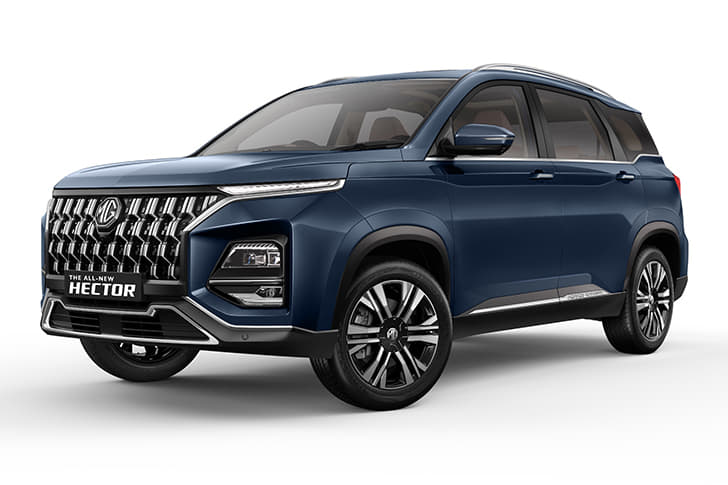Earlier this month, Nitin Gadkari, Minister for Road Transport and Highways had announced plans to mandate Advanced Driver Assist Systems (ADAS) in all cars in India in 2022. At Global NCAP’s Stop the Crash event in New Delhi earlier today, Abhay Damle, Joint Secretary, Ministry of Road transport and Highways provided more details on the government’s plan.
Damle announced the government is working to make Electronic Stability Control and Autonomous Emergency Braking mandatory by 2022-23. "India does not have Bharat New Car Assessment Program(BNCAP) but we are implementing all safety features in our vehicles with active support of vehicle manufacturers. Electronic Stability Control (ESC) and Autonomous Emergency Braking (AEB) will be incorporated in new vehicles between year 2022 and 2023”. Speaking to Autocar India, Damle stated the government has taken the decision to make the technologies mandatory and the regulations for the same have been decided.
ESC and AEB are active safety assistance systems that can help prevent the occurrence of a collision. ESC counters oversteer or understeer in corners, or a loss of traction on slippery surfaces by braking individual wheels and even reducing engine power until stability and driver control is restored. AEB, on the other hand, uses radar and camera technology to judge the vehicle’s position with respect to its surroundings and can automatically apply the brakes if it detects an impending collision.
As is, anti-lock brakes, airbags and rear parking sensors are set to become standard fit in 2019. The move to make ESC and AEB mandatory will bring many of India’s safety requirements at par with international norms. AEB will become mandatory in the European Union in 2021 and USA in 2022.
"By the year 2022 most of our vehicle safety will be at par with global standards and some safety features may surpass United States safety standards even. But real challenge is bringing in maximum safety at affordable cost so that cost of vehicles does not go up steeply. " said Abhay Damle.
Aliaksej Serka, Head of Regulations and Requirements Systems at Veoneer that supplies AEB technology to Volvo feels the costs will come down in the years to come. “Already a lot of cars in Europe, Japan and USA come with AEB. Bringing the tech to India will bring in in economies of scale. From my perspective it will get affordable very, very soon.”
















.jpg?w=728&q=75)
.jpg?w=728&q=75)














